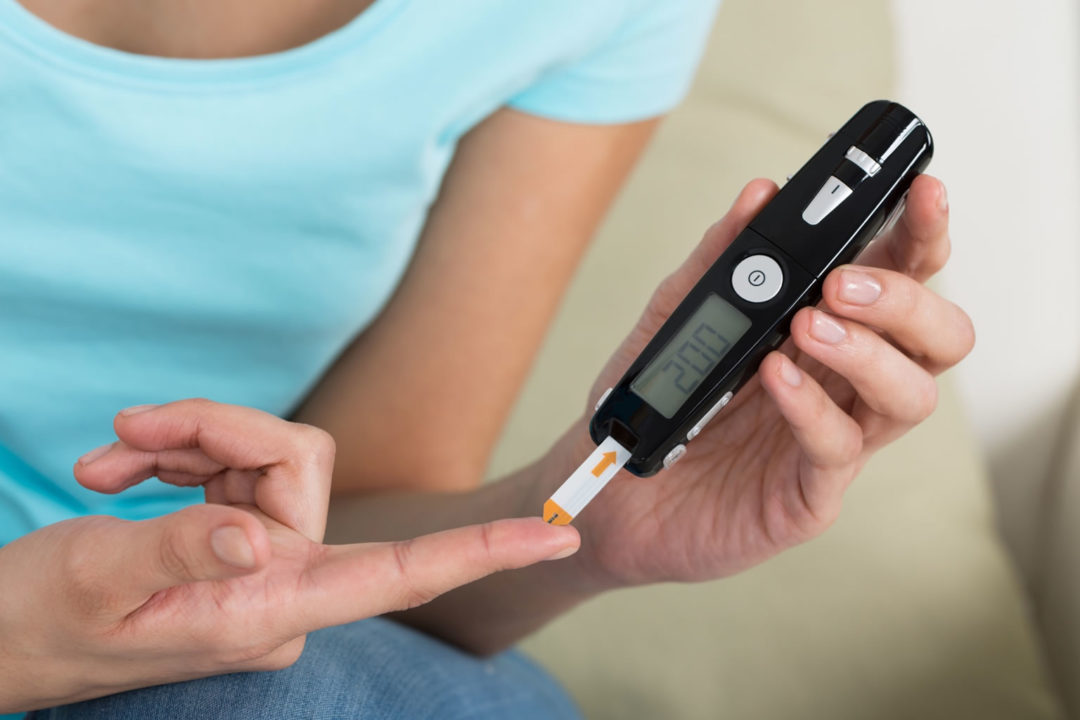The Choice To Be Diabetic?Lifestyle diseases are those for which a lifestyle choice is said to be a main contributing factor to the disease’s onset and development. Drinking excessive amounts of alcohol may cause liver disease. Smoking could cause chronic obstructive pulmonary disease. “Lifestyle disease” is also used to label type-2 diabetes and osteoporosis because of diet and exercise choices. You get the idea.
But I have to wonder, is this term helpful or harmful? To me, it’s sort of like finger pointing.You brought this disease upon yourself and if you just ate better [or fill in the blank with your lifestyle change of choice], you wouldn’t have this problem.
Aren’t most diseases more complex than that? Categorizing “lifestyle diseases” in one neat package (i.e.,you did this to yourself) is too simplistic. Take obesity for instance; there is a lot more to this disease than “eat less.” Nobody wants to be obese. If eating less were all it took to be a healthy weight, the disease wouldn’t be as prevalent as it is. Genetics play a role, as do psychological factors, hormonal issues, economics, education and more. Yes, diet and exercise are key, but they are certainly not the only factors.
Think about the repercussions of the blame game on patients. After diagnosis, I’ll bet many feel guilty, helpless, embarrassed and ashamed—possibly even less likely to seek out help and support from family and friends for fear of judgment. Think I’m overreacting? What is your reaction to someone who tells you he or she is an insulin-dependent type-1 diabetic versus someone saying he or she is an insulin-dependent type-2 diabetic? Does one elicit a bit more sympathy than the other?
There’s a Facebook community and a Change.org petition started by Australian type-1 diabetics who want their form of diabetes renamed so that others won’t confuse it with type-2. They feel that stigma from type-2 diabetes is unfairly bleeding onto them and the name should be changed to reflect their distinct origins. Now that’s really saying something.
Fix the Fault LinesI think those with so-called “lifestyle” disease deserve as much respect, sympathy and support as anyone else dealing with a health issue. Social stigma has no place in healthcare.
While I’m not saying we should abdicate responsibility for decisions that affect our health or that we should blame all illnesses on genetics, I do believe we should carefully consider whether “it’s your fault” is the best starting point for setting individuals on the path to wellness. I don’t think it is.WF

Kaylynn Chiarello-Ebner Editor/Associate Publisher
Published in WholeFoods Magazine October 2016










